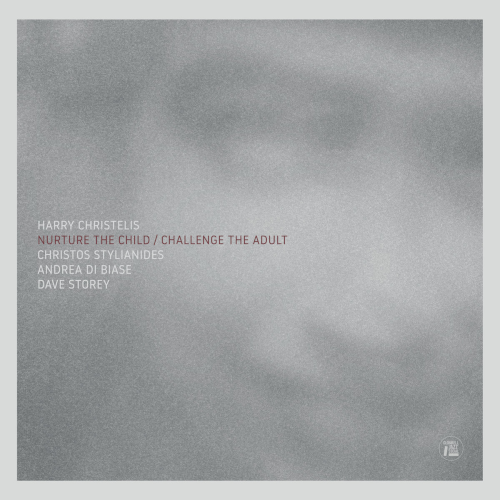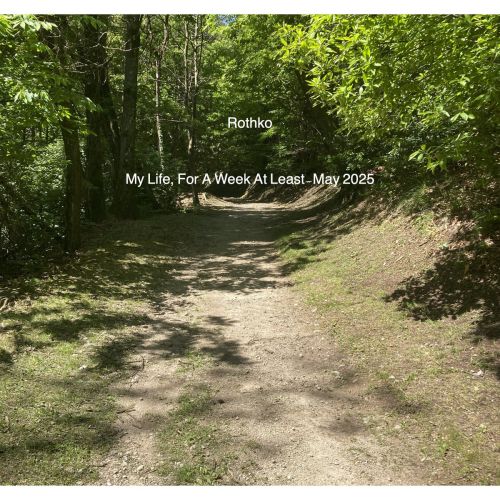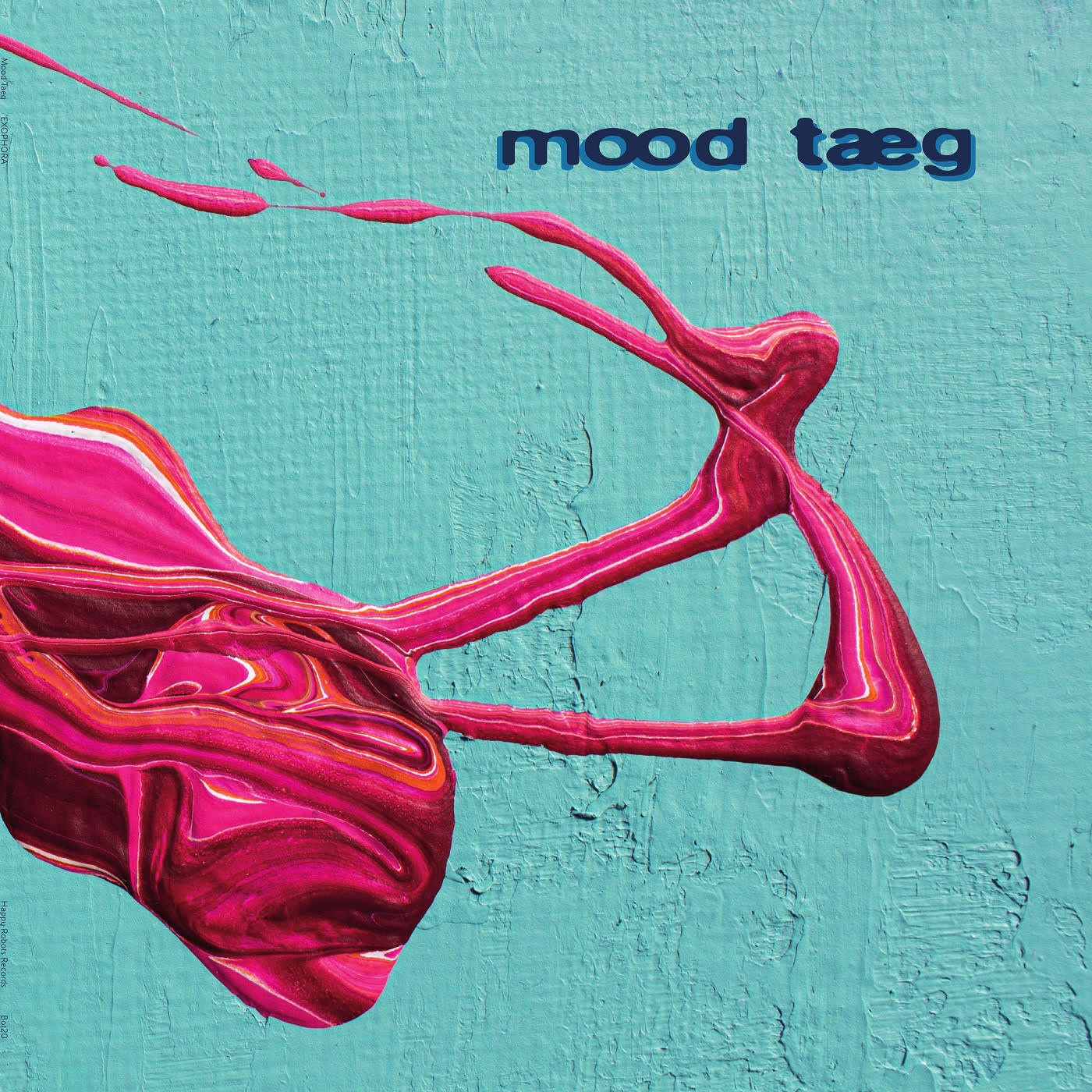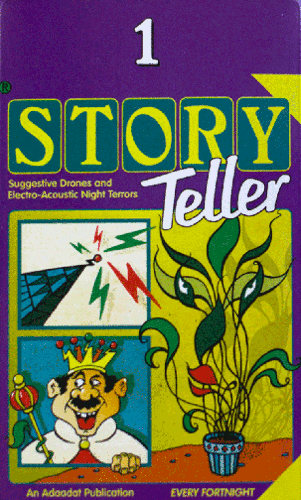Bureau B
 By 1959, a third of all the motorcycles produced in Germany were manufactured by Kreidler, a small metalwork business bearing the name of its founder Anton Kreidler, which had been shifted into the production of two-wheel automotive transport by his son Alfred earlier in the decade. By a truly curious coincidence, in 2012 a third of all albums produced in Germany were by the band Kreidler, formed in Düsseldorf 1994, their taproots deep in the fecund Westphalian musical soil of that city.
By 1959, a third of all the motorcycles produced in Germany were manufactured by Kreidler, a small metalwork business bearing the name of its founder Anton Kreidler, which had been shifted into the production of two-wheel automotive transport by his son Alfred earlier in the decade. By a truly curious coincidence, in 2012 a third of all albums produced in Germany were by the band Kreidler, formed in Düsseldorf 1994, their taproots deep in the fecund Westphalian musical soil of that city.
Sadly, only the first part of that paragraph is actually true. It could just be wishful thinking, or it could be down to two large measures of Jägermeister from the bottle I bought duty free at Schönefeld Airport yesterday. Either way, although Kreidler (the band) are now in 2012 offering up their eleventh album –
Den – even their creditably productive career has not managed to capture quite that much market share within current day
Deutscheproducktion. There are, however, parallels to be drawn between the world championship winning motorcycles produced by the manufacturing Kreidler, and the musical work so artfully crafted over the last 18 years by
Klein,
Reihse,
Weinrich and
Paulick GmbH; both are strong, light, rhythmic.
2011’s
Tank was a driving,
endlose gerade proposition, with tracks such as “Jaguar” summoning the spirits of the band’s illustrious city forefathers, yet never in the dull, slavish or copyist way of much modern
motorik, instead presenting its Platonic essence thoroughly updated for the modern era.
Den, however,
marks a shift away from the straight line towards the horizon, and focuses rather on texture and tonality – the landscape seen from the window, rather than the road itself. That’s not to say that rhythm has been sacrificed or abandoned to ambience, more that perhaps this time there is more of a melodic interplay, more equity of components.
“Sun” is well titled, a vast, airy piece, all dazzling, bright light and circles of confusion; if the
Lebensreform movement had sat around in Berlin’s
LowSwing studio to compose a soundtrack, this is probably how it would have sounded. “Deadwringer,” with its
maddeningly insistent pulsing and gossamer guitar figures giving way to a more muscular beat, could sit as a perfect soundtrack for a
Michael Mann film; think
Manhunter,
William Peterson inset against retinal-burning pastel blue sea, and running down endless white footbridges away from his inner terror. The eight minute “Rote Wüste” is no vast, panoramic vista of red desert, but instead perhaps more
like finding the perfect sonic intersection between a factory, a radio station and a dancefloor. I played this nine times in a row, and then realised that I was onto something.
“Cascade” wrong-foots by starting out like some strange offspring of
Morricone’s score for
The Thing and [post=zombie-zombie-play-john-carpenter text=”
Carpenter’s for
Assault on Precinct 13“], before rapidly settling into an inexorable groove which is all the more irresistible for its glacial aloofness – dance to it wearing an Anthony Price suit, or play it at a party full of unsmiling, stony-faced models as you sink under a glass table after several granules of white powder too many, elegantly wasted. “Moth Race,” with its engagingly flatulent low end and wonderfully synthetic handclaps is another danceable jewel, whilst the brief “Celtic Ghosts” provides a crystalline transition of sparkling elegance into the closing epic of “Winter.” Beginning in a beguiling gust of
Fripp-ish sustain-tone guitar and ambient sound, “Winter” then rocks up and hits you square in the face, its burst of
brutal and deadly gunfire swiftly and seamlessly merging into a truly masterful rhythm track, as if the
Negativland of
Guns had been able to set the dancefloors alight rather than being dragged into a bruising war of attrition against the ghastly corporate behemoth of
Island Records and
U-Zwei. “Winter” finally dissolves back into its hazy Frippmist, leaving us like
Niccolò and Mavi lost in the fog in
Identification of a Woman.
Was passiert hier? Tank took a while. It grew and grew over a period of months until I felt in synch with it and fully able to accord it the same status as some of the band’s earlier efforts. Den takes no such time, it’s swiftly apparent that this is a very fine album, yet paradoxically, despite its immediacy, it’s no easier or quicker to explore its dimensions. And that is a very good thing indeed.
-David Solomons-
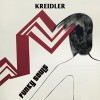 By 1959, a third of all the motorcycles produced in Germany were manufactured by Kreidler, a small metalwork business bearing the name of its founder Anton Kreidler, which had been shifted into the production of two-wheel automotive transport by his son Alfred earlier in the decade. By a truly curious coincidence, in 2012 a third of all albums produced in Germany were by the band Kreidler, formed in Düsseldorf 1994, their taproots deep in the fecund Westphalian musical soil of that city.
By 1959, a third of all the motorcycles produced in Germany were manufactured by Kreidler, a small metalwork business bearing the name of its founder Anton Kreidler, which had been shifted into the production of two-wheel automotive transport by his son Alfred earlier in the decade. By a truly curious coincidence, in 2012 a third of all albums produced in Germany were by the band Kreidler, formed in Düsseldorf 1994, their taproots deep in the fecund Westphalian musical soil of that city.